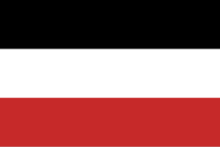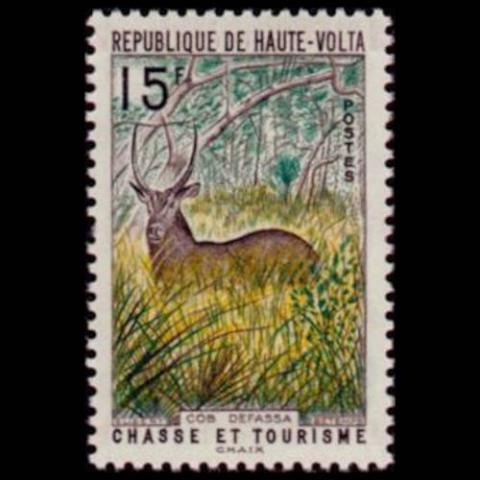Capital: Ouagadougou
The Republic of Upper Volta (French: République de Haute-Volta) was a landlocked West African country established on 11 December 1958 as a self-governing state within the French Community. Before becoming autonomous, it had been part of the French Union as the French Upper Volta. On August 5, 1960, it gained full independence from France. On August 4, 1984, he changed his name to Burkina Faso.
History
Upper Volta obtained independence on 5 August 1960, with Maurice Yaméogo of the Voltaic Democratic Union-African Democratic Rally (UDV-RDA) becoming the country's first president. A constitution was ratified the same year, establishing presidential elections by direct universal suffrage and a National Assembly, both with five-year terms. Shortly after coming to power, Yaméogo banned all political parties other than the UDV-RDA. He had shown a deep authoritarian streak even before becoming president. Between the time he became prime minister of Upper Volta while it was still a French colony and independence two years later, opposition parties were subjected to increased harassment.
On January 3, 1966, Yaméogo was overthrown in a coup d'état led by army chief Sangoulé Lamizana. Although multiparty democracy was nominally restored four years later, Lamizana dominated the country's politics until he himself was overthrown in 1980.
After a series of short-term presidencies, Thomas Sankara then came to power through a military coup d'état on 4 August 1983. After the coup, he formed the National Council for the Revolution (CNR), with himself as president. Under the direction of Sankara, the country changed its name on 4 August 1984, from Upper Volta to Burkina Faso, which means "Land of Incorruptible People".
Reference: wikipedia.org


